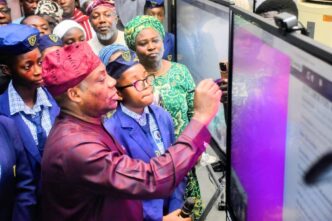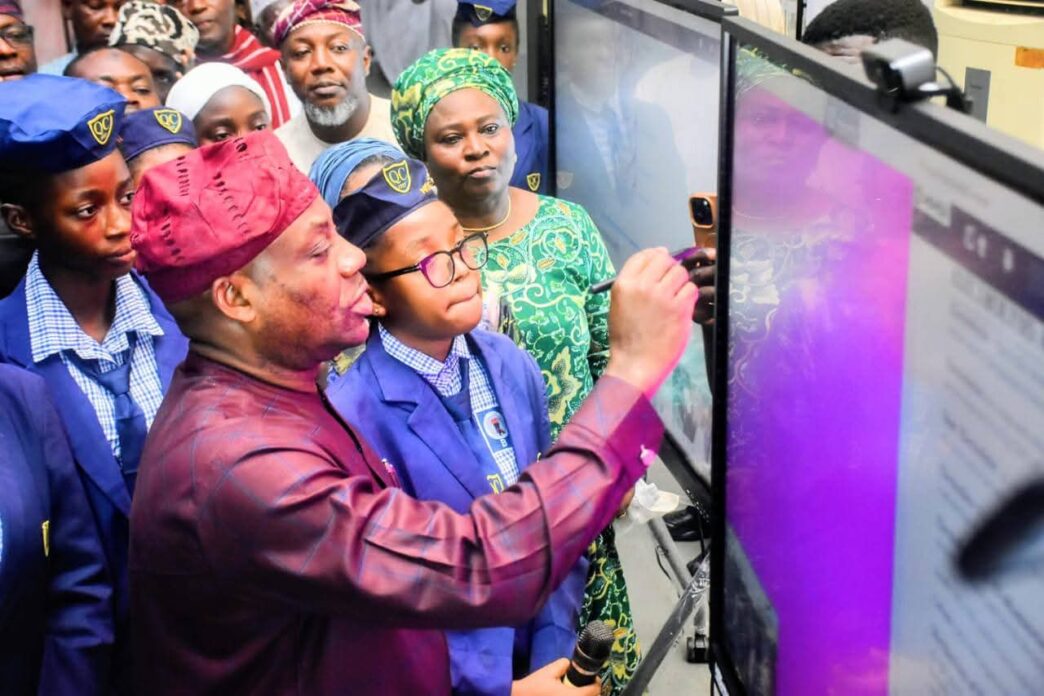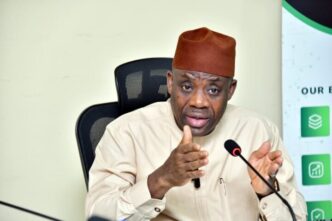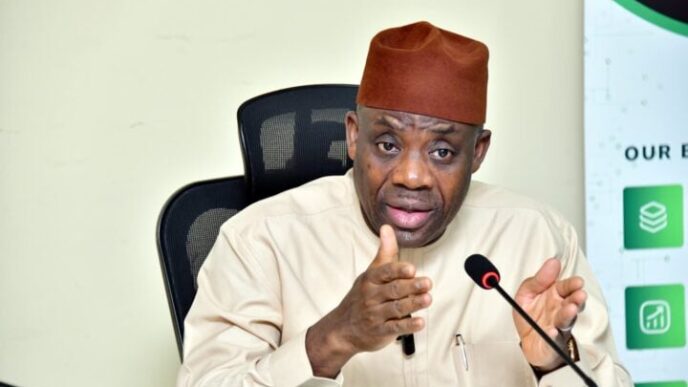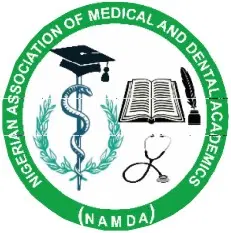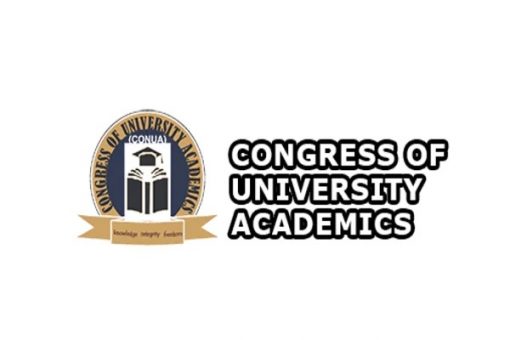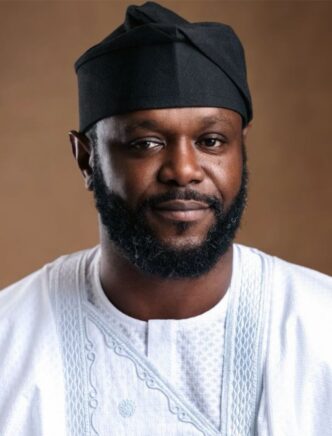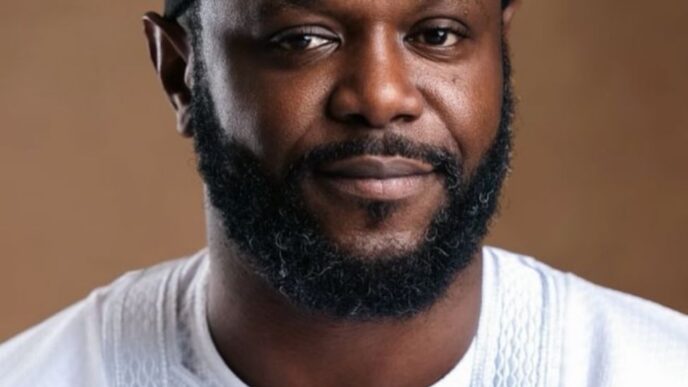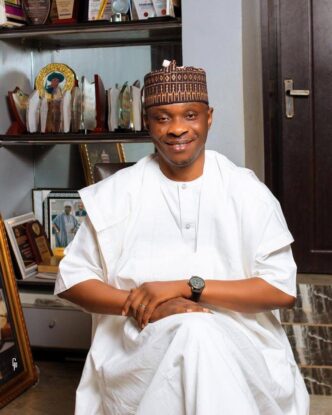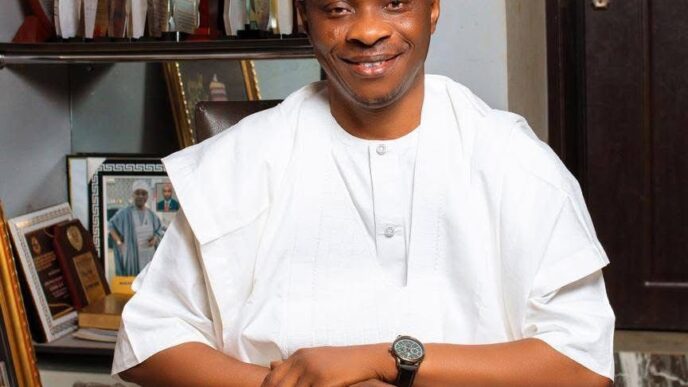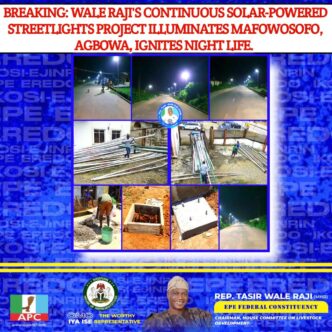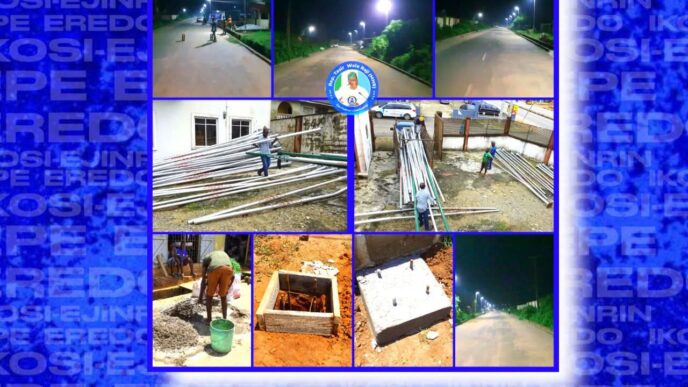The Federal Government, through the Universal Basic Education Commission (UBEC), has launched the Digitalisation of Public Schools Initiative, a landmark stride toward technology-driven learning across Nigeria.
EpeInsights reports that the official launch and flag-off of the distribution of Interactive Smart Boards were held on Friday, October 10, 2025, at Queens College, Yaba, Lagos.
Speaking at the event, the Honourable Minister of Education, Dr. Tunji Alausa, CON, described the initiative as a bold declaration that Nigeria is ready to embrace the future of learning.
He explained that the programme aligns with President Bola Ahmed Tinubu’s Renewed Hope Agenda, which prioritises innovation, digital literacy, and inclusive access to education as critical drivers of national development.
According to him, the Federal Government is determined to ensure that every Nigerian child regardless of location or background benefits from quality, technology-enabled education that prepares them for global competitiveness.
Dr. Alausa noted that the project directly supports the Federal Ministry of Education’s National Education Sector Renewal Initiative (NESRI), specifically Point 5 on Data and Digitalisation. This component focuses on strengthening digital infrastructure, improving data management systems and promoting evidence-based planning across the education sector.
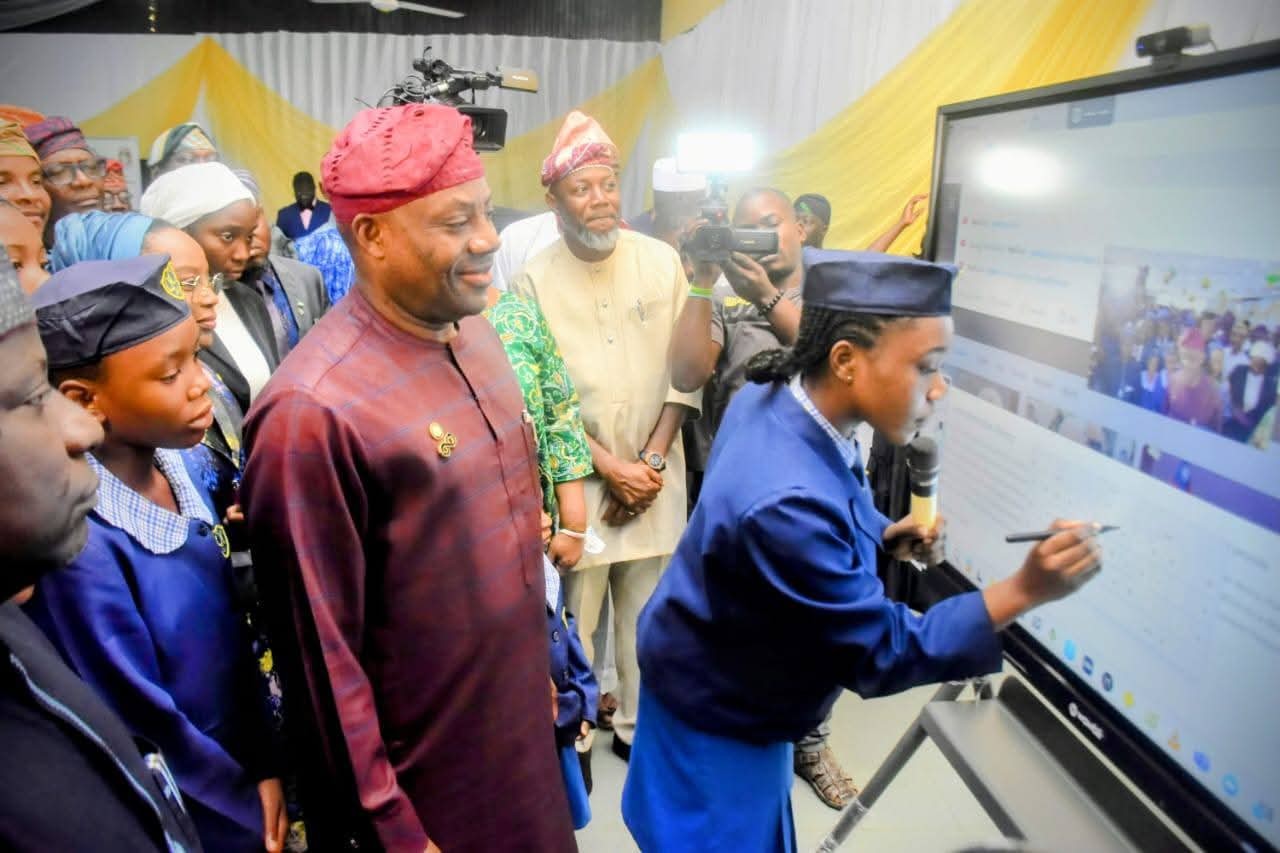
In her remarks, the Executive Secretary of UBEC, Hajiya Aisha Garba, highlighted several key interventions under the Commission’s digitalisation agenda.
These include the distribution of over 60,000 tablets to teachers under the BESDA-AF initiative, the establishment of Digital Learning Centres across Nigeria’s geopolitical zones, collaboration with NITDA to develop a National Digital Literacy Curriculum, provision of assistive technologies such as talking computers for visually impaired learners and the creation of a Department for Data and Artificial Intelligence in Education.
Hajiya Garba announced the flag-off of over 800 Interactive Smart Boards for deployment to public schools nationwide. She explained that these smart boards will transform classrooms into dynamic and interactive learning environments, making teaching more engaging and effective.
She reaffirmed UBEC’s commitment to equipping both teachers and learners with 21st-century digital tools that foster creativity, innovation and improved learning outcomes.
The Executive Chairman of the Lagos State Universal Basic Education Board (LASUBEB), Dr. Hakeem Shittu, commended the Federal Government and UBEC for the initiative, describing it as a significant reinforcement of Lagos State’s efforts in advancing digital education through the EKOEXCEL Programme.
He noted that the project aligns with Governor Babajide Sanwo-Olu’s THEMES Plus Agenda, particularly under the pillar of Education and Technology, which focuses on preparing pupils with digital and problem-solving skills relevant to the modern economy.
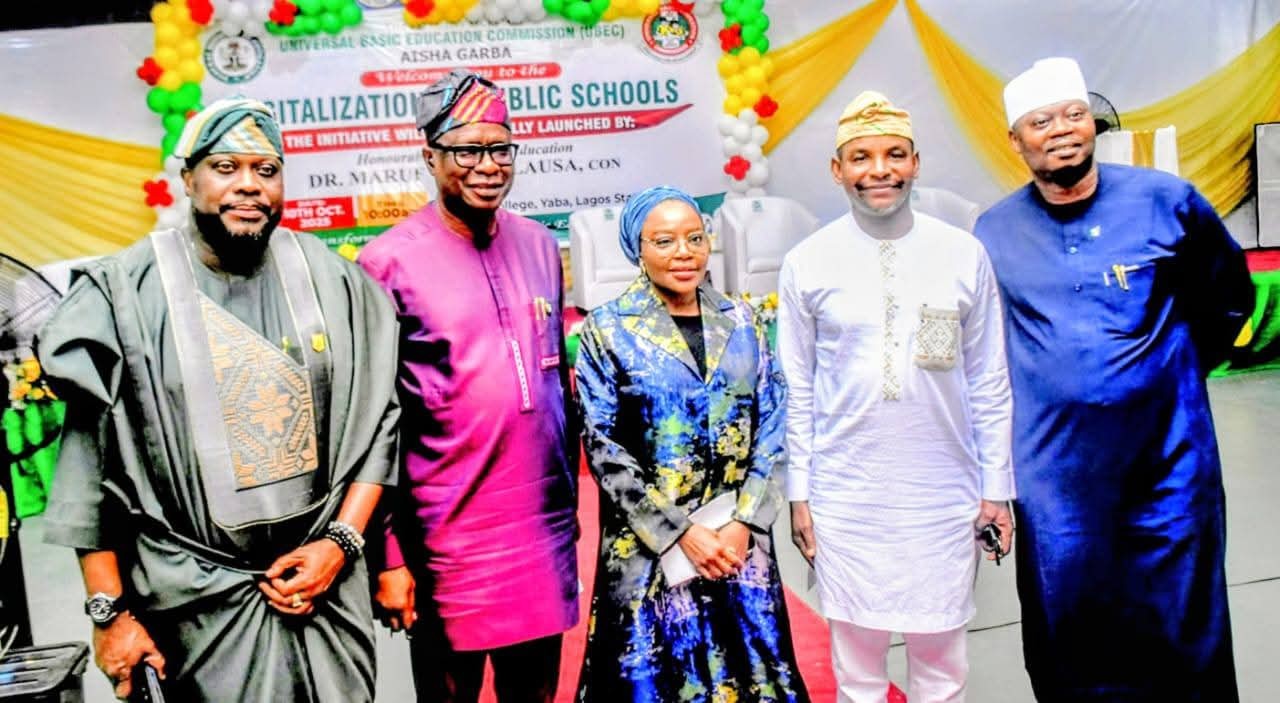
Dr. Shittu reaffirmed LASUBEB’s commitment to collaborating with UBEC to deepen digital learning and drive sustained innovation in Lagos public schools. He expressed delight that Lagos is among the first states to benefit from the initiative, further strengthening the state’s leadership in digital education reform.
Schools benefiting under the first phase of the programme include St. Joseph Primary School, Ibowon-Epe; Queens College, Yaba; Adeniyi Jones Primary School, Ikeja; Victoria Island Primary School, Eti-Osa; Anglican Primary School, Ishawo; and All Saints Anglican Primary School, Yaba.
The Digitalisation of Public Schools Initiative represents a major step in transforming Nigeria’s education landscape.
It aims to enhance teaching efficiency, encourage interactive learning, and equip students with critical digital skills needed in an evolving global environment.
With continued collaboration between federal and state governments, development partners, and education stakeholders, the initiative is set to redefine learning experiences across public schools in Nigeria.
